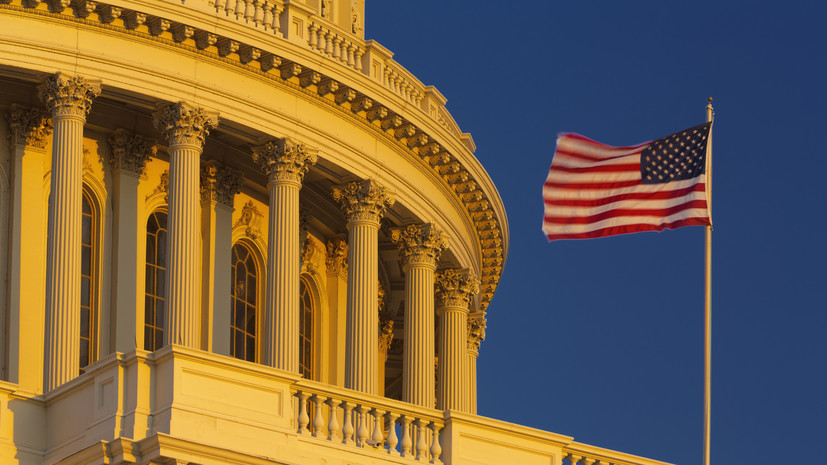"We are concerned that the US Department of Energy is rapidly draining the country's oil reserves ahead of the November election and is failing to develop long-term plans for the optimal size, configuration, maintenance, and operational capability of these reserves," the statement said.
The authors clarified that we are talking about the US Strategic Petroleum Reserve (SPR) and the Northeast Fuel Oil Reserve (NEHHOR).
SPR inventories have fallen to their lowest level since 1987.
In addition, US President Joe Biden is considering the possibility of an additional withdrawal of fuel oil from NEHHOR reserves, members of Congress recalled.
At this rate, congressmen predict that by 2031, oil reserves in SPR storage facilities will decline from a peak value of 727 million barrels to approximately 130 million barrels.
At the same time, politicians say, China is rapidly strengthening energy ties with Russia and building up its strategic reserves with inexpensive Russian oil.
In their opinion, by their actions, the Biden administration allows the OPEC countries, Russia and China to "get a lever of geopolitical pressure on the United States."
On June 6, the Russian Foreign Ministry decided to impose personal sanctions on the head of the US Department of Energy, Jennifer Granholm.
Earlier, Washington applied new restrictions against Russian political and public figures.
The Russian Foreign Ministry stressed that the hostile actions of the United States will continue to receive a proper rebuff.
At the same time, Moscow is open to dialogue and does not seek confrontation.

